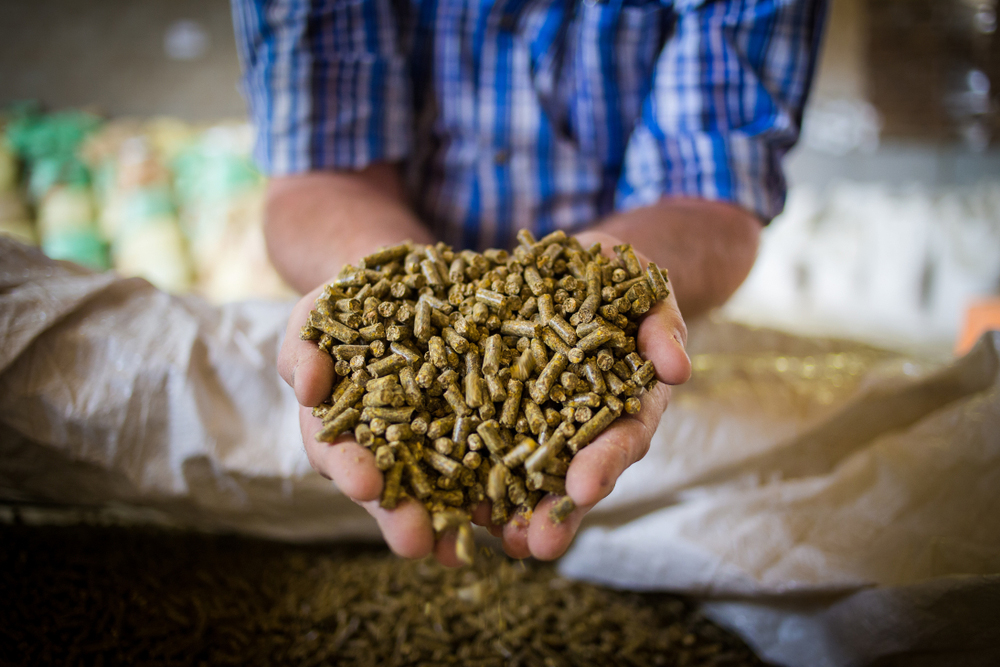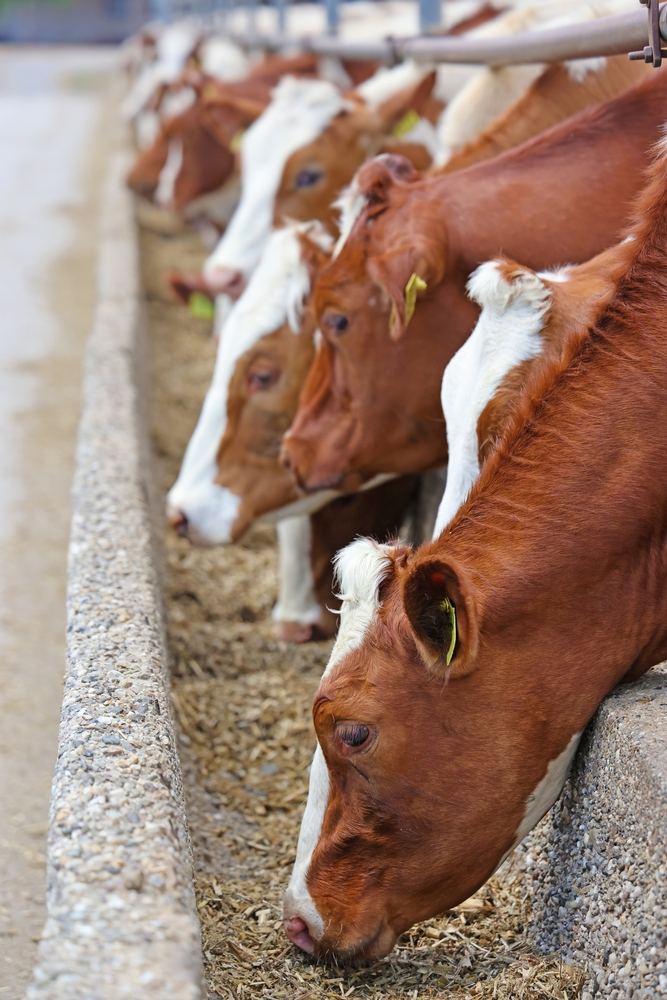- 011-27812225
- Info@bidyagroup.com
We make Cattle feed from the industrial food sector often involves the use of formulated feeds that are manufactured to meet the nutritional requirements of cattle. These feeds may include a combination of grains, such as corn and soybean meal, as well as other protein sources, minerals, and vitamins. Industrial cattle feed is designed to promote efficient growth and production in the animals, whether they are raised for beef or dairy purposes


The formulation of industrial cattle feed is carefully designed to meet the specific nutritional needs of different stages of cattle growth and production. For instance, the nutritional requirements of calves are different from those of adult cows, and feed formulations are adjusted accordingly.
The manufacturing process of cattle feed involves strict quality control measures to ensure consistency in nutrient composition and overall product quality. This ensures that the animals receive a balanced and standardized diet.
By providing a well-balanced diet, industrial cattle feed aids in the growth and development of cattle. It helps enhance body weight gain, muscle development, and overall health, which ultimately leads to improved productivity in terms of milk production for dairy cattle or weight gain for beef cattle.
Using formulated cattle feed allows farmers to optimize their feed resources and minimize wastage. Since the feed is specifically tailored to meet the animal's nutritional requirements, it can lead to better feed conversion rates, where the cattle can efficiently convert feed into meat or milk.
Commercial cattle feed manufacturers adhere to strict regulations and standards to ensure the safety of the feed. Traceability measures are put in place to identify the source of ingredients, which helps in monitoring potential contamination issues and maintaining a safe and healthy food chain.
It's important to note that while industrial cattle feed offers numerous benefits in terms of efficiency and productivity, it should be used responsibly in conjunction with good animal husbandry practices. Proper care, access to clean water, and suitable living conditions remain essential for the well-being of cattle raised for agricultural purposes.